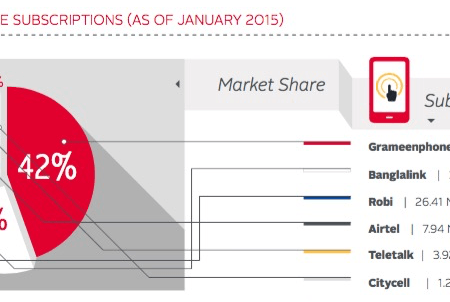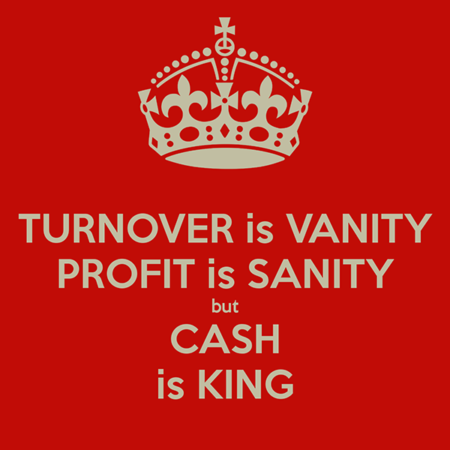The world of Schumpeter
Joseph Schumpeter synchronized capitalism with a process of evolution in his very popular book ‘Capitalism, Socialism and Democracy’. Economic change was considered as the only stationary variable when Schumpeter described the evolutionary feature of the capitalist economy. This evolution process of capitalism is holistic and should not be evaluated on a real time basis.
The evolutionary nature of capitalism is not merely due to the changes in the natural and social environment (war, revolutions and so on); due to the increase of capital or population; due to the policy implication of monetary system. Rather according to Schumpeter, this evolutionary nature of capitalism is due to the introduction of newer market, new product and service, new production process, better value chain network and new organizational structure. Capitalist enterprises provide the necessary impulses in this evolution process.
‘Creative destruction’ was the widely proclaimed phrase used by Schumpeter to describe the transformation of a feudalistic society into a capitalist one. Along with newer product, new service, new production process, new supply chain network, newer form of organizational structure the existing political, technological, regulatory and economic paradigm shifts. Such shift of paradigms enhances both the quality and quantity of life standards. So, every existing monopolistic or oligopolistic or feudal economy driven phenomenon is expected to be replaced by something even efficient and creative. For example the water wheel based power production technology had been replaced by power plant; charcoal furnace used in the iron and steel industry had been replaced by an even efficient furnace; airplane replaced mail coach. So, capitalism is redefining the economic structure internally; replacing the older system with an efficient, new and creative rule of the game – an omnipotent driver known as ‘creative destruction’.
An entrepreneur exploits the technological inventions. Schumpeter differentiated between invention and innovation; it is the entrepreneur who understands the economic angle of each industrial mutation, change and invention and shifts the existing economic paradigm. Schumpeter’s entrepreneur extends the production possibility curve; develops new market to export; produces newer product or service; redefines the industry boundary; procures from cheap sources of materials. So, an entrepreneur is a reformist of his or her own genre. A Schumpeter’s entrepreneur is expected to be a visionary (he or she constitutes distinct economic function which are not generally performed and rarely understood). A Schumpeter’s entrepreneur is expected to be fight against all types of odds – social, economic and even physical. A Schumpeter’s entrepreneur will have willpower and strong personality to fight against all the odds. A Schumpeter’s entrepreneur is a good manager obviously and that is why it is not expected that everybody across our locality possess the entrepreneurship material.
With time, innovations have become very common and resistance towards a new innovation has gone minimal. A Schumpeter’s entrepreneur will become a rarity in the coming days, as economic progress has become depersonalized. Like the days of Napoleonic war, economic changes no longer needs a leader or an entrepreneur’s personal presence in the battleground. Rather industrial bourgeoisie has replaced individual entrepreneurs and the whole leadership spectrum has become less glamorous.












Leave a Reply